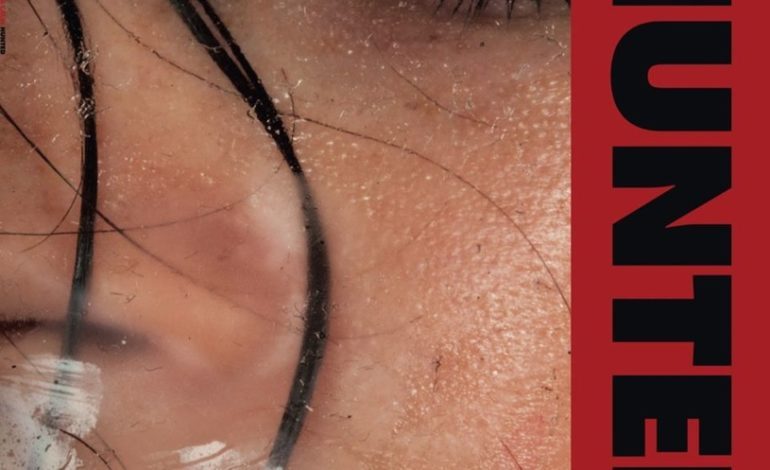

Revisited themes of gender fluidity
Anna Calvi infused 2018’s Hunter with the sort of confidence available only to someone hot off two Mercury Prize nominations – the album earned her a third, for good measure. At this point, the British artist is just as comfortable with her identity as she is with her musical prowess. Listen to “Don’t Beat the Girl out of My Boy,” Hunter’s thunderous centerpiece, and you’ll hear someone who knows what they want to say about gender fluidity and how they want to say it.
Alas, this is not a review for Hunter, but rather a work with the same motivation and intent. Though the album courageously took a jab at a heteronormative culture, it was never meant to stand alone, however much of a powerhouse it was. In fact, Calvi herself believes the spunk behind Hunter may not reflect the delicacy of her emotions: “I know that to be true to myself is to be open to being hurt. The intent of [Hunter] is to be primal and beautiful, vulnerable and strong, to be the hunter and the hunted.”
Sure enough, Calvi has returned two years later with Hunted, an austere reimagining of her most recent work. It’s less of an overhaul and more of an opportunity for Calvi to supplement her rowdy catalog with a gentler perspective; Hunted, as its name suggests, is Hunter’s shy twin, favoring minimal arrangements over technical bombardments. The songwriter carries over all the same lyrics, but a meditative, stripped-down approach keeps Hunted from feeling like a mere retreat. This is her way of reminding her audience that while she can call the shots, she can bruise just as easily.
It’s pleasing to hear Calvi try new things with old songs, both in terms of sound and personnel. There’s a handful of guest appearances here, and Calvi has done a good job choosing collaborators who specifically play to each track’s strengths. The gritty funk of “Don’t Beat the Girl out of My Boy” fits Courtney Barnett like a glove, and together, the two musicians preserve the original version’s loose aesthetic with nothing but a couple of guitars. That same strategy fares well with new spins on “Wish” and “Indies or Paradise,” which both push minimalism to the brink of maximalism. The hard rock on Hunter is still present, but it is more damaged and abstract, almost as if there’s a level of disillusionment in it.
Nevertheless, the album still bears the sensitive moments that Calvi has hinted at. Julia Holter brings her heavenly vocals to this take on “Swimming Pool,” and the result is deeply spiritual. The same goes for the title track, which muffles the grandiose refrain of the original and allows Calvi’s stoic voice to ring out.
American Utopia just wrapped up its nearly four-month-long run on Broadway. In it, David Byrne (who has also, coincidentally, worked with Calvi) not only digs back into his Talking Heads repertoire but also presents it in a new light, juggling new instrumentation and set designs like the art depends on change to survive. Some of this stuff dates back to 1980. Is a similar project, like Hunted, premature if its predecessor is only a couple years old? Calvi sees no reason why it should be – a song, just like an identity, is given free rein from the moment it enters the world.
